Picture of Werner Heisenberg
The Bettmann Archive
Werner Heisenberg
Werner Heisenberg was a German physicist who lived between 1901-1976. He developed new theories in quantum mechanics which agreed with the results of previous experiments.
Heisenberg is most famous for his uncertainty principle, which explains the impossibility of simultaneously knowing an object's position and momentum. However, this principle is only significant for submicroscopic particles such as electrons. Another of Heisenberg's famous theories maintained that a scientist interacts with an object while measuring it, and thus has some affect on it.
Heisenberg also wrote the plans for the first nuclear reactor in Germany and promoted such peaceful uses of nuclear energy.
You might also be interested in:
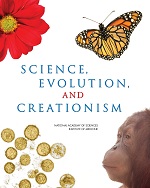
How did life evolve on Earth? The answer to this question can help us understand our past and prepare for our future. Although evolution provides credible and reliable answers, polls show that many people turn away from science, seeking other explanations with which they are more comfortable.
...more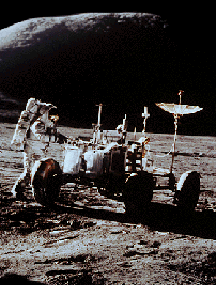
''Not only does science affect society, but society affects science,'' notes ''Odyssey'' executive producer Thomas Friedman. ''Science is not outside human experience.'' If you think of all of the science
...more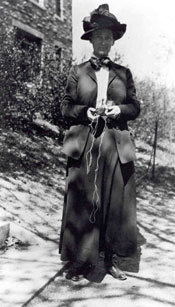
Florence Bascom (1862-1945) was one of the first female geologists in the United States and her colleagues regarded her as one of the nation’s most important geologists. In 1896 she was the first woman
...more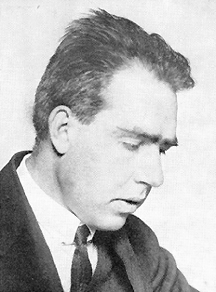
Niels Bohr was a Danish physicist who lived between 1885-1962. He investigated atomic structure, modifying Rutherford's old model of an atom by confining electrons to orbits of specific radii. Bohr also
...more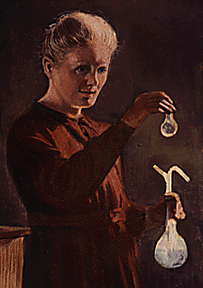
Marie Curie was a physicist and chemist who lived between 1867-1934. She contributed greatly to our understanding of radioactivity and the effects of x-rays. She was born Maria Skłodowska in Warsaw,
...more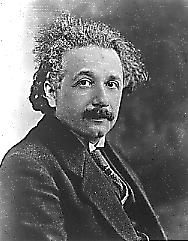
Albert Einstein was a German physicist who lived between 1879-1955. His special and general theories of relativity, theory of Brownian motion, work in quantum physics, statistical mechanics, and on the
...more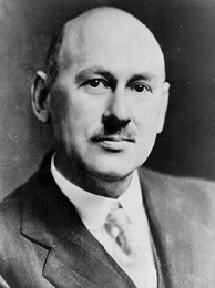
Robert Goddard was an American physicist who lived between 1882-1945. He was a pioneer of modern rocketry who discovered that liquid fuel is more efficient than solid fuel. Although Goddard's first rocket
...more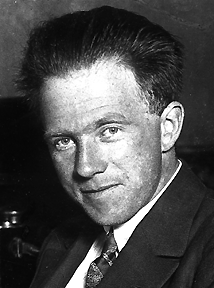
Werner Heisenberg was a German physicist who lived between 1901-1976. He developed new theories in quantum mechanics which agreed with the results of previous experiments. Heisenberg is most famous for
...more














